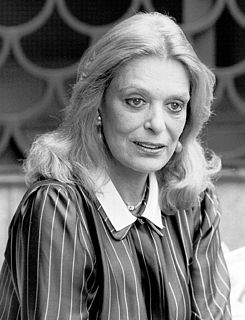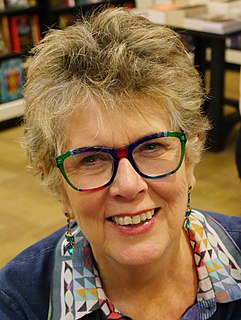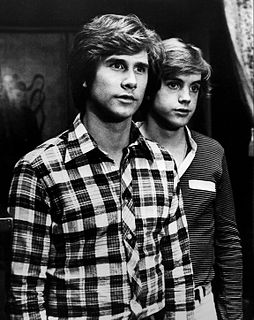A Quote by Mary Beard
My mother took me to the British Museum aged five. I had thought people from the past weren't as good as we were, and then I saw the Elgin marbles. Suddenly, the world seemed more complicated.
Related Quotes
Back then I was still listening to rhythm and blues, and my aunt took me to see a Pete Seeger concert. And it gelled. He made all the sense in the world to me. I got addicted to his albums, and then Belafonte and Odetta - they were the people who seemed to fuse things that were important to me into music. I think Pete the most because he did what he did to the point where he took those enormous risks and then paid for them.
There were times . . . when it occurred to me that I was repeating my mother's life. Usually this thought struck me as funny. But if I happened to be tired, or if there were extra bills to pay and no money to pay them with, it seemed awful. I'd think 'This isn't the way our lives are supposed to be going.' Then I'd think 'Half the world has the same idea.
I got up and saw my face in the mirror and saw the horror. When they did the surgery on me, they took out 67 glass pieces. There were a lot of movies that I had lined up for myself during that time, and I had to let it go. I didn't want people to know because, at that time, people were not that supportive.
The success of a play, especially one's first success, is somewhat like pushing against a door which is suddenly opened that was always securely shut until then. For myself, the experience was invigorating. It suddenly seemed that the audience was a mass of blood relations, and I sensed a warmth in the world that had not been there before. It made it possible to dream of daring more and risking more.
I did not think I had what it took to be an actor, because most of the actors that I encountered were people who were very narcissistic and I thought since I lacked narcissism to become an actor because that's what it took. It was more of a social experiment for me to walk in the shoes of other people that I found interesting.
I never thought of myself as being that good looking, I was an actor, people saw me on television, and then they start to think you're good looking because of that presentation. I was no better looking before the show, than after - and before the TV show I couldn't get a date to save my life. So what changed? Did I suddenly become more good looking? No. I got lucky, I got a TV show. That's what happened.
































